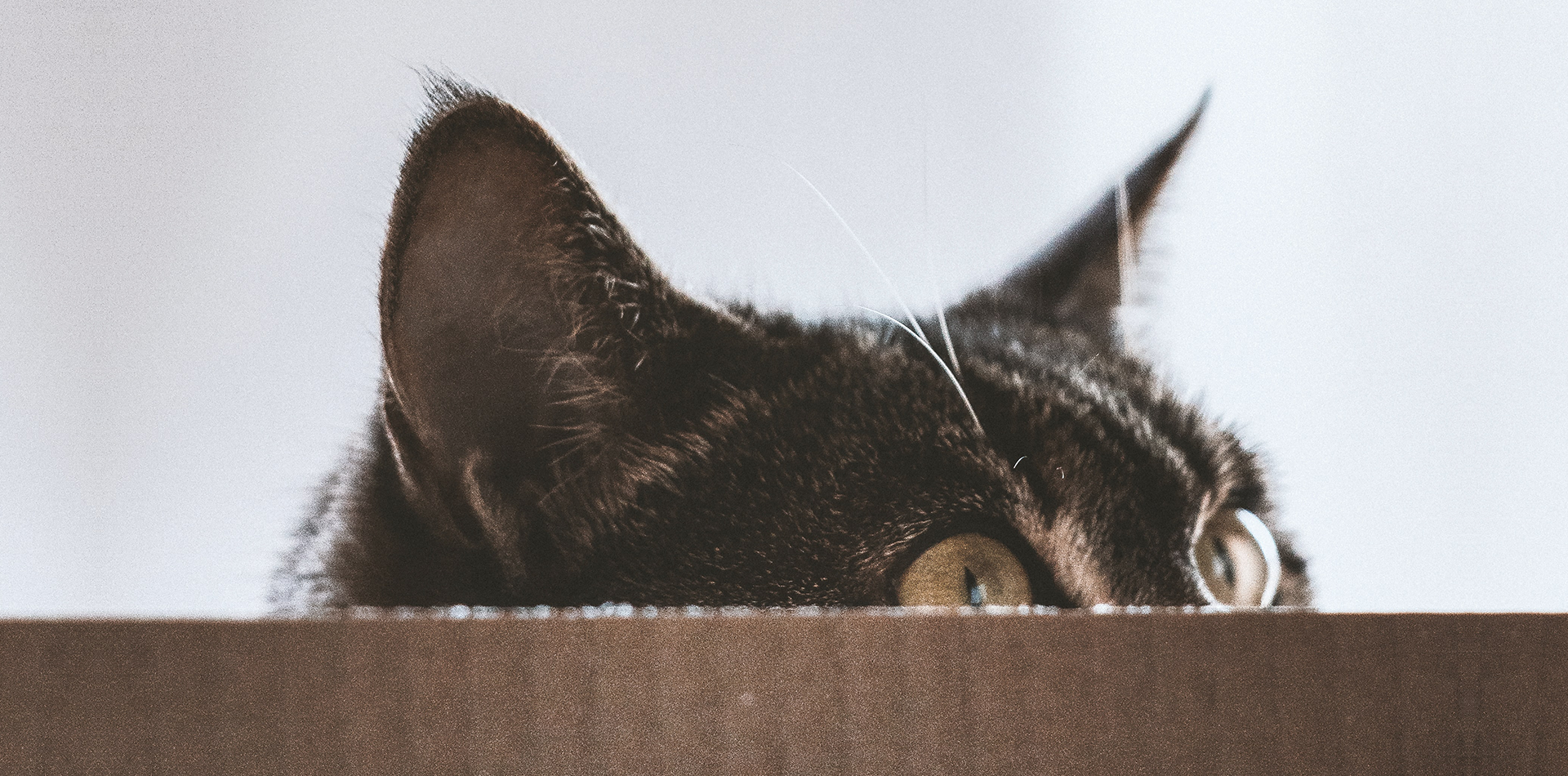Your furry friend is an instinctively private creature, at least when it comes to answering nature’s call. Cats are also territorial animals that find unique ways to communicate with one another as well as with you. Covering behaviour is theorised to have started in the wild to keep predators at bay or to not challenge more dominant cats. On the other hand, some cats leave their deposits uncovered simply to claim dominance.
If your cat isn’t covering their deed, it’s likely not something to worry about. Both covered and exposed poo is normal behaviour and absolutely no reason for stress on your end. Either way, we’ve outlined some of the most common reasons your cat may not be practising covering behaviour.
Natural instincts. Burying is a behaviour that is usually taught by the mother. If your cat never learnt how to bury, you can teach them. Sit with your cat and gently guide their paws to cover the poo. Reward with treats while you do it, and eventually this will become a learnt behaviour that feels natural.
Marking territory. As we’ve already mentioned, cats cover or don’t cover to make their presence known or unknown. If your cat was covering their poo before and now doesn’t, this could mean they want to feel dominant over a new cat, and vice versa.
Issue with their environment. If your feline friend is surrounded by new visitors, they may feel threatened, stressed, or confused. This, in turn, might affect their toilet behaviour. You could try a calming diffuser or collar to mitigate stress. These release an odour-free vapour that gives off the pheromones cats use to know an area is safe.
Litter box woes. If your furry friend doesn’t feel comfortable in their box, they likely won’t stick around to cover their poo. Firstly, if you have multiple cats, make sure you have multiple litter boxes. Our highly absorbent Classic litter range eliminates the need to clean their boxes daily, making it easy to have more than one box without the hassle. Secondly, if your cat’s litter box is too small, they won’t be able to turn around – we suggest testing various boxes until you find the right one.
As a final note, be sure your cat's litter box is in a safe space where they can follow their natural instincts, whether that’s covering or not. Our wide range of litters are safe for your furry friend’s paws and are a great solution for avoiding litter box woes.

